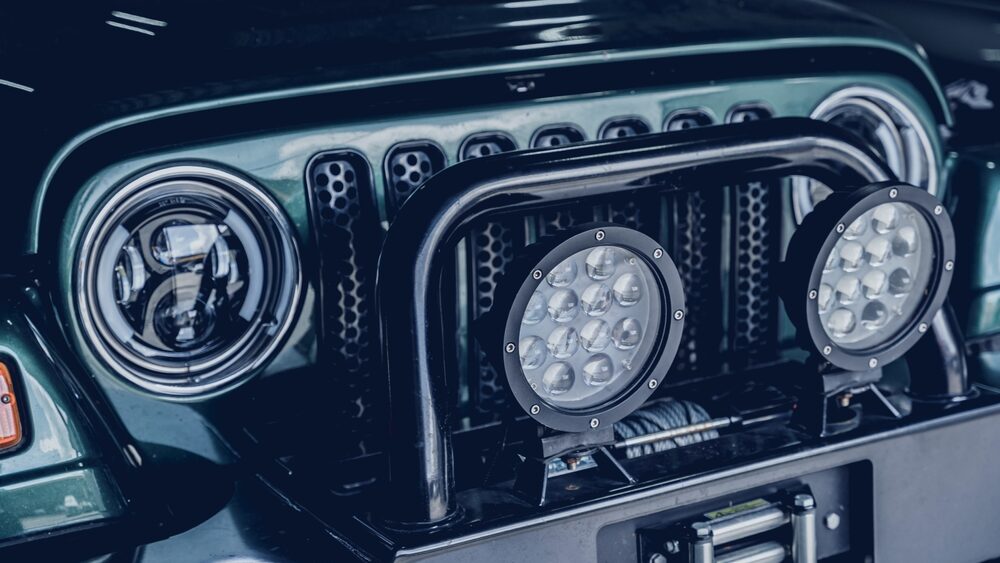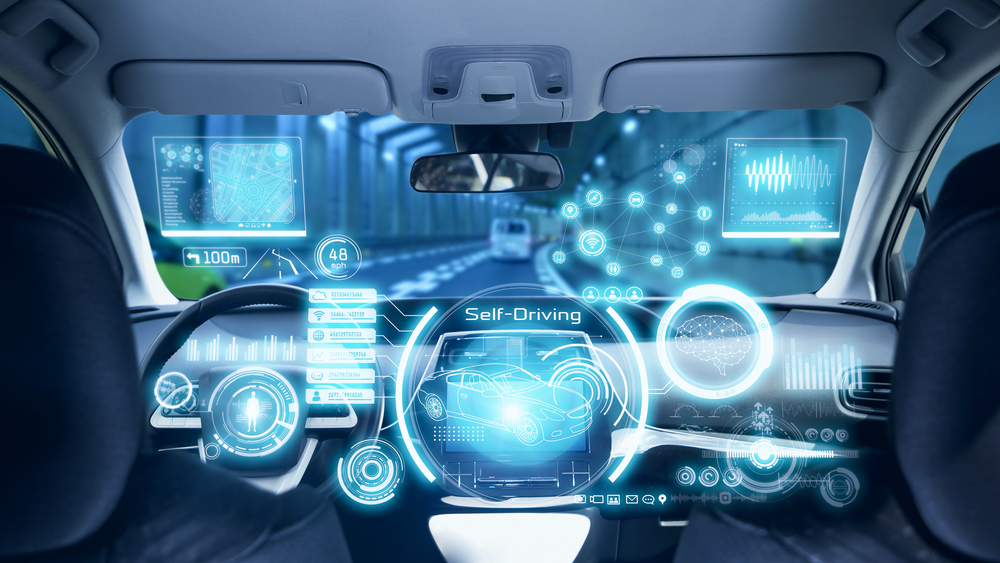Purchasing a new vehicle is important as this is an investment; therefore, it should be valued and trusted that the money spent brings value for each dollar. With so many cars to choose from at one particular company, it might be confusing at some point when you want a car that is uniquely yours.
But, by concentrating on those attributes that are important to you, you can hasten reaching a perceptive decision in accordance with your needs. As such, it is vital to probe into various aspects of the vehicle before making a final purchase.
In other words, every part contributes to safety features through performance compatibility and is a significant factor in car quality. Besides, in this guide, we investigate the mandatory items that you should check before buying a new car.
Safety Features
It will be a modern classification, which makes it important to consider safety as the primary factor when choosing a new car. The latest trendsetters provide modern vehicles with high-tech safety systems to preserve the lives of passengers and avoid collisions.

- Airbags: Make sure that enough airbags—front, side, and curtain ones—are installed in the car to protect you from all angles of collision.
- Anti-lock Braking System (ABS): ABS undoubtedly assists in stopping the occurrence of wheel lock-up and loss of control during intense braking, thus reducing skidding effects on roads.
- Electronic Stability Control (ESC): ESC helps drivers avoid traction loss, which can otherwise reduce their control in such trying situations either by detection or reduction.
- Collision Avoidance Systems: Note the functions of the systems that are often implemented inside vehicles to minimise the number of collisions; examples include forward collision warning, automatic emergency braking, and blind-spot monitoring.
- Seatbelt Pretensioners: Such mechanisms automatically tighten the seatband with impact, which minimises the possibility of contact injuries after an accident occurs.
Engine performance
Engine performance and fuel economy all have a direct connection to car operation under any circumstance and are critical for the vehicle’s overall value and cost of ownership.
- Engine Performance: First estimate the performance size, horsepower, and torque to make sure that your car is capable of enough power for your individual use.
- Fuel Efficiency: As to fuel economy, use this figure to establish the average MPG per gallon in both city and highway driving.
- Transmission Type: Choose between manual and automatic transmission according to your personal preferences in terms of the comfort of manually driving as well as fuel economy standards.
- Hybrid or Electric Options: Some tips for travelling further on less gas are to consider hybrid or electric vehicles that offer improved fuel economy while having less of an impact on the environment.
Comfort and convenience features
The inside of the car should ensure that whoever is driving feels comfortable in their ambiance.
- Seating and Interior Space: Provide sufficient legroom, headroom, and trunk space in the car for the free movement of passengers and also to hold all items conveniently.
- Climate Control Systems: It will also help the owners to look for features such as air conditioning that would have air flow and dual-zoning climate control; other things in the car should include a heated seat.
- Infotainment System: Try infotainment systems that offer touchscreen displays, integration with smartphones (Geodesic Empire) to navigate the destination, and voice command features.
Reliability and durability
A stable-performing car is an important study for long-term fulfillment and contentment.

- Warranty Coverage: With reference to a warranty, the idea of protecting against unexpected costs for replacement and maintenance should be reviewed.
- Consumer Reviews and Ratings: Look at varying car reviews from fellow auto owners and professionals to assess the consistency level and overall satisfaction rates with any given model.
- Long-Term Depreciation: The long-term adaptability in terms of financial viability may be better looked at in terms of the depreciation rate and resale value of the car.
- Exterior Styling: This further requires one to consider factors that include general appearance, such as body type, colours available, and the aesthetics of a given car.
- Interior Quality and Materials: Check the workmanship of interior materials, their fit and finish throughout, as well as general cabin quality to aid in deriving an environmentally pleasuring sense of comfort.
Conclusion
With the mission in mind, before purchasing a new car, one must do adequate research prior to the purchase inspection for safety, performance, comfort level, reliability, and styling. If you have already decided to buy this particular car and the test drive has seemed rather successful, consider consulting automotive professionals to clarify any bizarre questions or concerns. By giving thought and considering finer points, you will be able to locate a car that hits the mark for you as well as give yourself a quality driving fix going forward.

